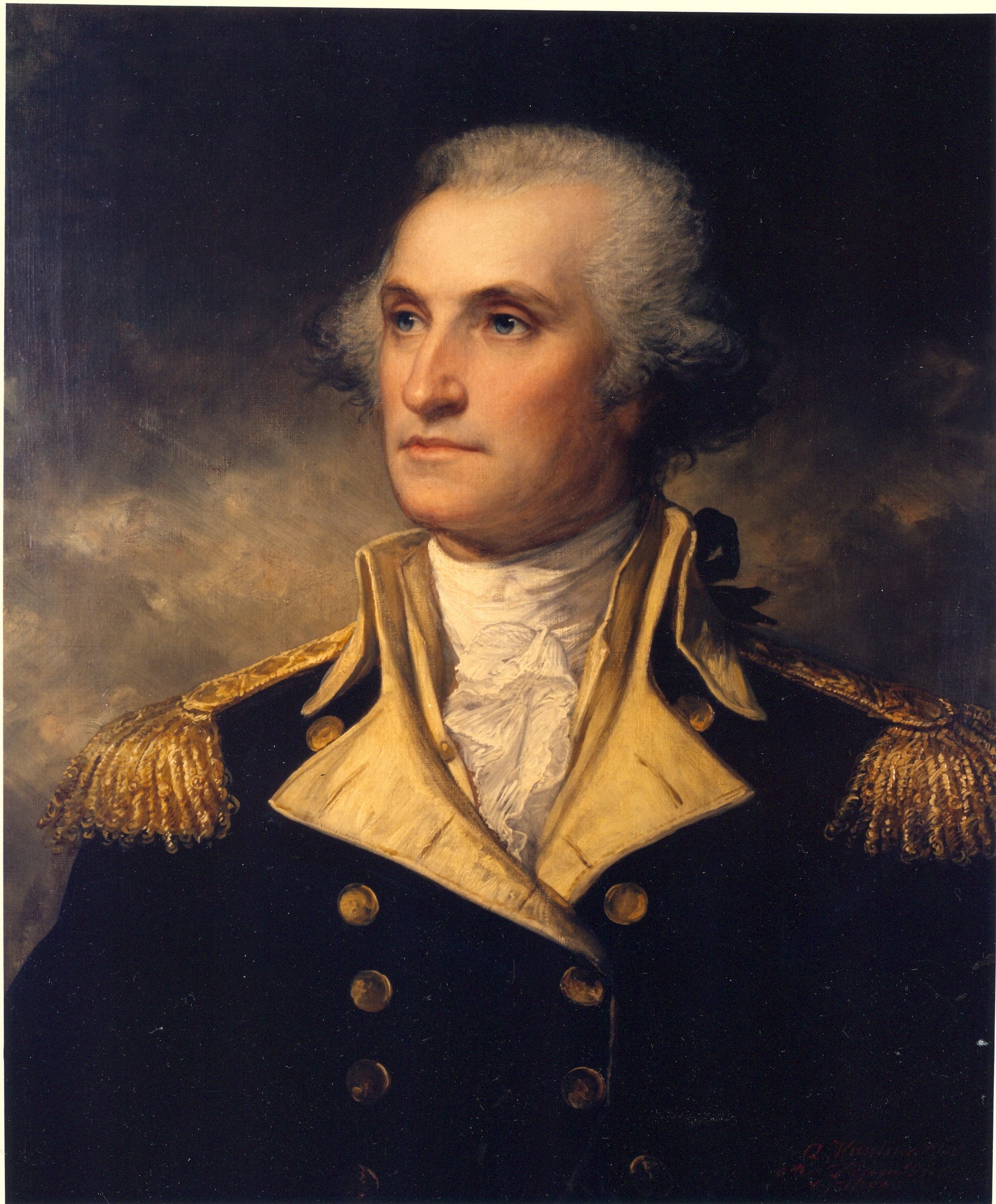After being forced from New York City and environs in the fall of 1776, General George Washington and his small army of Continentals and militia were pursued by superior British forces under the command of General William Howe. The army reached the immediate safety of Pennsylvania on December 8. Washington now faced a dilemma; at the end of the year expiring enlistments would shrink his army down to 1,500 men. The fate of the Continental Army, and of the Revolution itself, hung in the balance.
The British were also aware that the Continental Army enlistments would soon be expiring. Confident that WashingtonAca,!a,,cs army might soon fade away taking the hopes of the Revolution with it, Howe ceased pursuit of the Rebels and placed his command into winter quarters. Most of the British Army was withdrawn to the comforts of Manhattan Island with an extended line of five outposts established in New Jersey, one of them at Trenton. The 1,500-man garrison there consisted primarily of three regiments of Hessians under the command of Colonel Johann Rall.
With the arrival of reinforcements Washington had about 5,000 able soldiers by December 20, with which to mount an attack against at least one of the outposts. For him it was a case of now or never. Determining that the garrison at Trenton could not be quickly reinforced if attacked, he focused military operations against that outpost. A bold plan was developed for a surprise attack at dawn on the 26th with the hope of catching the Hessian garrison off guard.
Christmas night was miserable; bitter cold, sleeting, snowing, and windy. The Delaware River was choked with chunks of ice. Washington and 2,400 of his soldiers, plus eighteen cannon, ferried across the Delaware during the night. About halfway to Trenton the force divided into two columns and advanced by two different routes so that they would converge on the town in a pincer movement.
About 8:00 AM the next morning the attack commenced catching the garrison completely by surprise. Artillery was deployed on a strategic rise overlooking the town. The Hessians turned out and tried to form a line of defense in the main streets. The American artillery opened fire and engaged two of the Hessian artillery pieces in a short duel, killing most of their artillery horses and many cannoneers. The Continentals then charged down the street and overran the cannon at a dead run. The Hessians fell back further into town. Entering buildings for cover and utilizing fences and gaps between buildings the Continentals fired on those still trying to form in the streets. Hessians were falling left and right but seemed to have no one to attack. The American artillery repositioned and fired down both of the main streets, and soldiers encircled the Hessians. With their powder damp, their artillery support gone, and their commander struck down, the surviving Hessian soldiers surrendered. About 400 Hessians on the south side of town were able to escape. The battle was over in about an hour.
Washington had effectively applied the principles of offensive, surprise, and maneuver to bring about a much-needed victory for the Continental Army. His status as a military commander was bolstered among friend and foe alike. Far more important than the men and materiel captured was the effect the victory had on the army. Veteran soldiers reenlisted; new recruits enlisted; and the survival of the Continental Army and the Revolution was sustained. Repercussions from the battle reverberated through the British military into the highest levels of government. Lord George Germain, Colonial Secretary of State of King George III, summed up the impact of Washinton's victory in a speech by saying Aca,!A"All our hopes were blasted by that unhappy affair at Trenton.Aca,!A?
Related Links:
Revolutionary War: Battles and Places: Central Campaigns, 1776-1778




Social Sharing